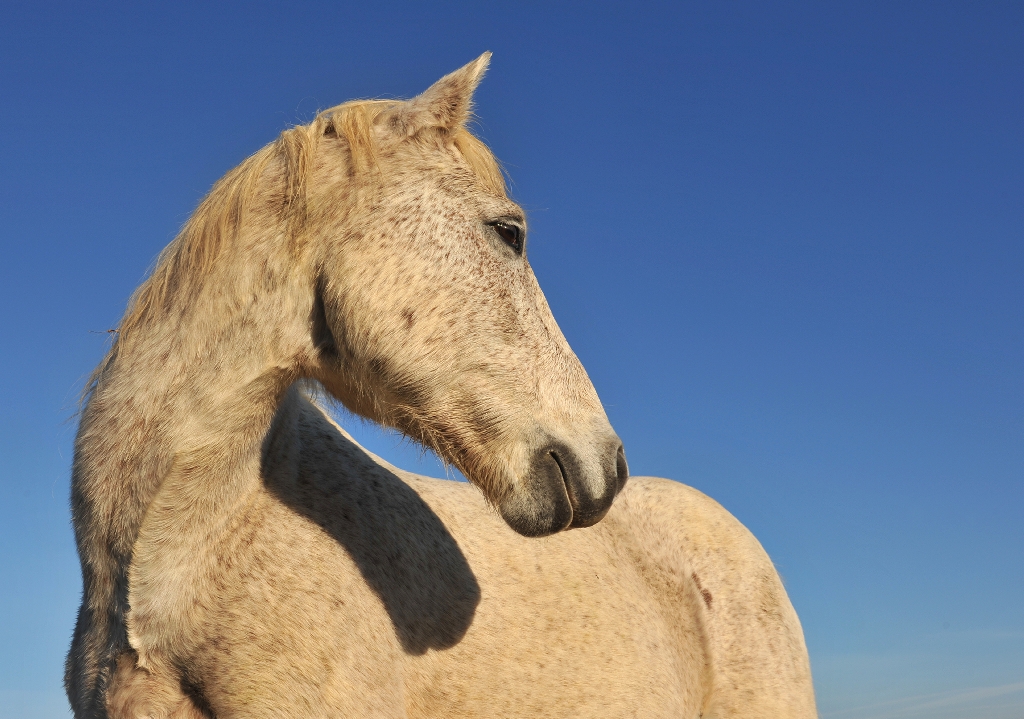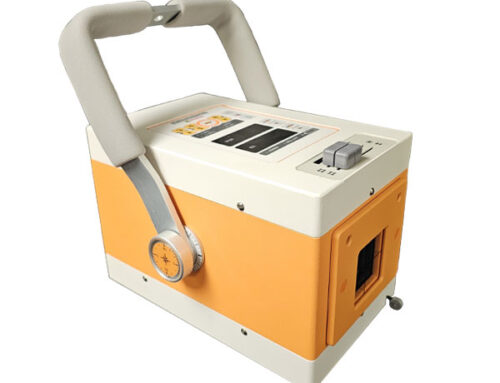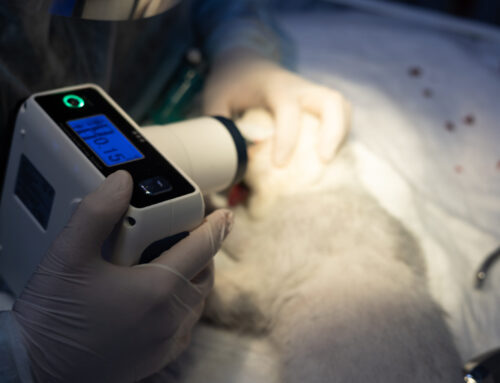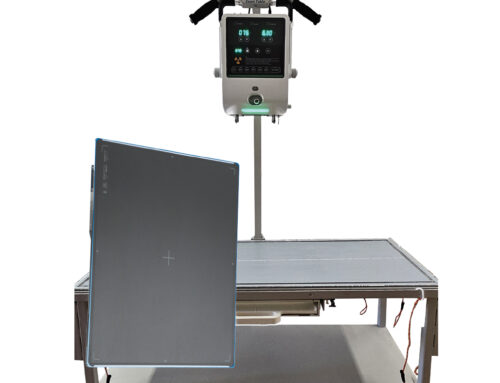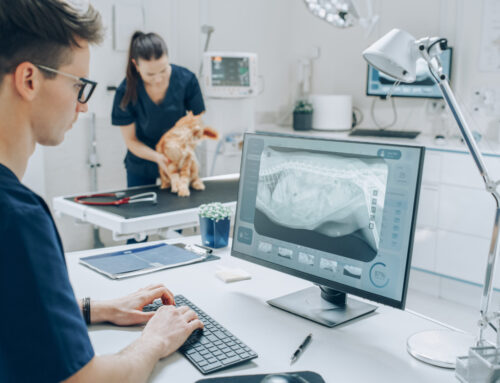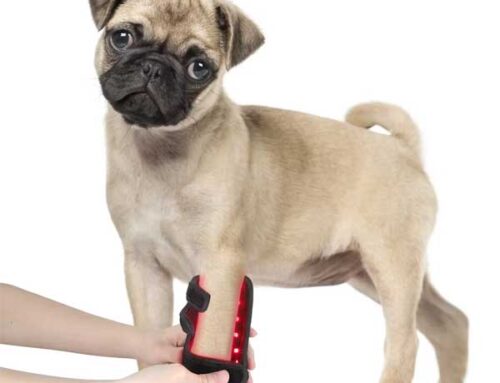With today’s ever-advancing health care and better-quality feeds, horses are staying active and living longer than ever before. One year of a horse’s life is equal to an average of three years of a human’s life. Depending on breed, management and environment, the modern domestic horse has a life expectancy of 25 to 30 years. Uncommonly, a few animals live into their 40s and, occasionally, beyond.
With proper care and feeding, you can extend the productive life of your older horse. Here are a few tips that can help you keep your elder horse in good condition.
Elder Horse Nutrition
The older horse has decreased digestive efficiency so feeding a highly nutritious and easily digestible food is critical. Fortunately, there are a number of excellent senior horse feeds on the market that were created to address the specific needs of older horses. Many senior feeds are labeled “complete, ” meaning they have hay (fiber) in addition to concentrates. Since every horse is unique, consult your vet on diet recommendations.
Every horse needs access to fresh clean water; your senior is no different. In the winter, use a tank warmer to encourage water consumption.
Equine Dental Care
Regular dental care for your aging steed is vital. Difficult and/or painful chewing can be a result of sharp points on teeth. No one knows your horse’s habits better than you– if she’s dropping too much food, suspect a problem. Check her manure for excessive amounts of grain or unchewed hay –these signal inefficient digestion which occurs when a horse can’t chew properly. Arrange regular dental checkups with your doctor.
Regular dental visits will help to discover tooth loss or breaks that occur more frequently in an older horse. If your horse loses too many teeth, you may have to make adjustments to how and what you feed.
Arthritis and Joint Care
Joint supplements may help your elder steed keep active and comfortable. Be patient, it’ll take about a month to see results if you choose to use over-the-counter glucosamine and chondroitin. There are also injectable equine joint lubricants that may work–speak to your vet about best choices.
Activity
Much like their human counterparts, activity keeps senior horses flexible and alert. Movement helps to increase circulation, improves digestion and generally stimulate the horse, keeping them healthier and happier.
If you can still ride your senior, you may need to dedicate more time to warming him up and cooling him down. Hard strenuous rides may also need to be replaced by more leisure rides.
Protection from the Herd
Elder horses may need extra protection from horse bullies. Aggressive horses may run the elder horse off their food or have at them; the elder horse may not be able to defend herself. Consider fencing off a section of the pasture where your elder and a buddy can live their days in peace.
Adequate Shelter
Your elder horse will also need access to shelter. A run-in shed or stall will provide needed sanctuary from the sun, wind, or flies. If keeping your senior is a problem, explore some of the many horse retirement options.
Older horses don’t tolerate cold as well as younger ones–especially when they get wet. Make it a practice to provide a blanket on wintry days.
Regular Vet and Farrier Attention
She may be too old to ride, but your horse needs regular health care. Scheduled vet exams, vaccinations, de-worming and trims will keep your aging horse healthy.
The Most Important Thing…Love
Your senior has given you the best years of his or her life. Reward him with good care and love and they will return the favor for years to come.

